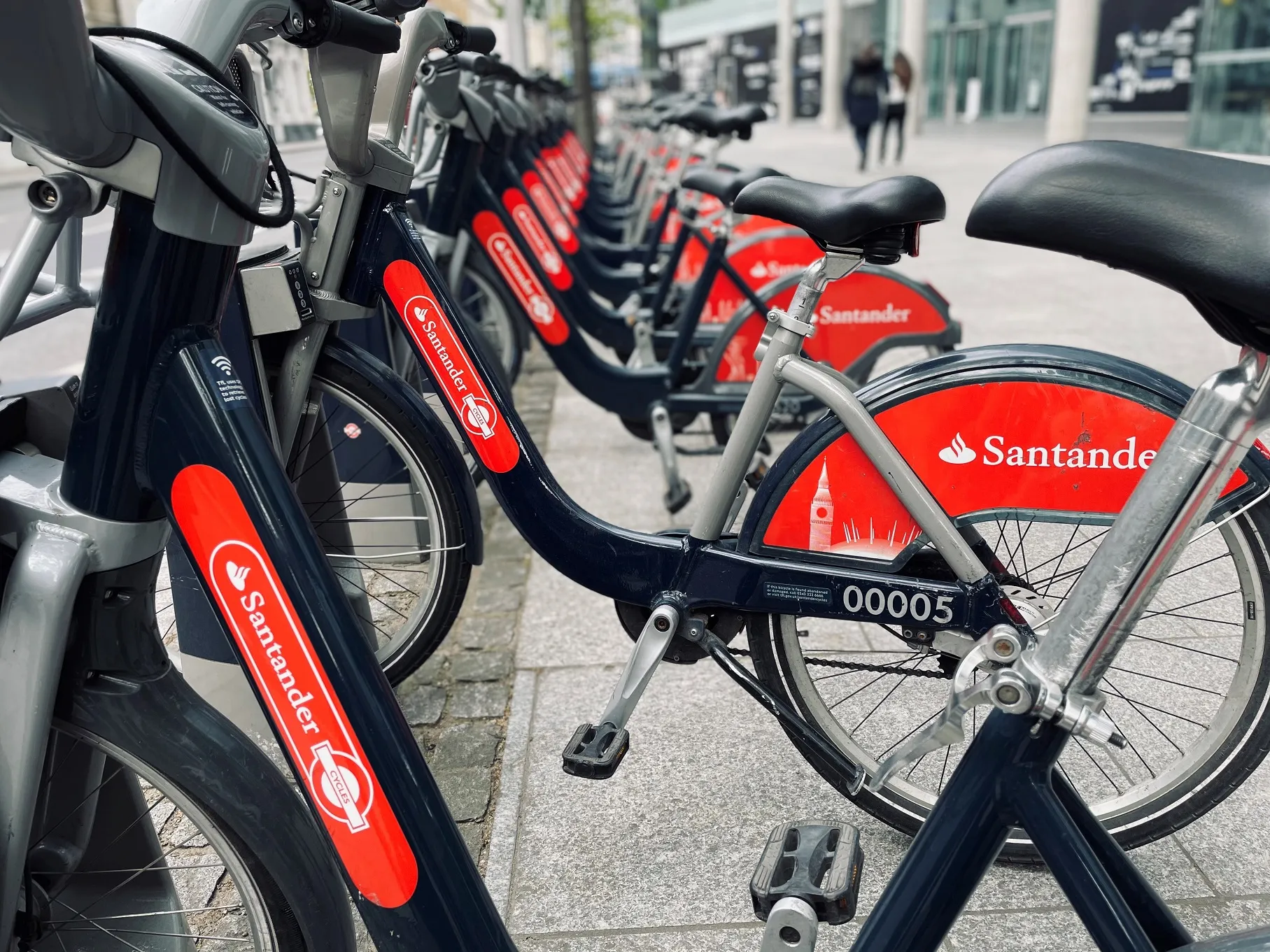The firm piloted the vehicles in Paris last year – making it the first to combine scooter-sharing and ride-hailing together in one mobile app, Bolt claims.
“Beating the traffic is a big issue in cities like Madrid and a lot of trips are much more efficiently covered with an electric scooter rather than a car with a driver,” says Markus Villig, CEO and co-founder of Bolt.
He says the deployment in the Spanish capital reduces car rides and saves customers time and money.
Bolt, which now has ride-hailing services in 30 countries, pointed out the pitfalls of user data collection at ITS International’s
“Our company’s experience in Paris, where we’ve been cooperating with the city to establish good practices for scooter use, has shown us that it’s crucial to have a good working relationship with the local government,” says Paul Alvarez, Bolt’s operations manager for Spain.
Bolt scooters come with built-in GPS trackers to provide data on pick-up and drop-off locations. Minimum fare is €1, with a ride costing 15 cents per minute.
Bolt launches dockless e-scooters in Madrid
Bolt, the ride-share company which was formerly called Taxify, has launched electric kick scooters in central Madrid.
The firm piloted the vehicles in Paris last year – making it the first to combine scooter-sharing and ride-hailing together in one mobile app, Bolt claims.
“Beating the traffic is a big issue in cities like Madrid and a lot of trips are much more efficiently covered with an electric scooter rather than a car with a driver,” says Markus Villig, CEO and co-founder of Bolt.
He says t
August 16, 2019
Read time: 2 mins
Bolt, the ride-share company which was formerly called Taxify, has launched electric kick scooters in central Madrid.








